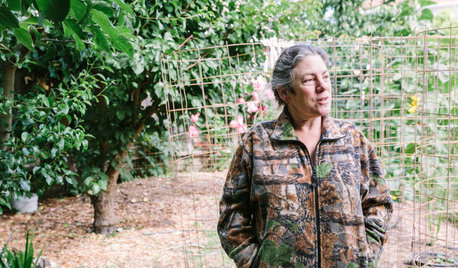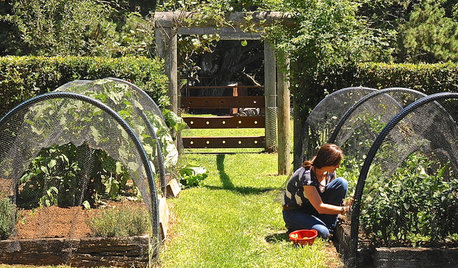How many sell homecooked food at their farmer's market?
canuckistani
15 years ago
Featured Answer
Comments (13)
norcalconifers
15 years agolast modified: 9 years agoRelated Professionals
New Bedford Landscape Architects & Landscape Designers · Carson Landscape Architects & Landscape Designers · Deer Park Landscape Architects & Landscape Designers · Aberdeen Landscape Contractors · Burien Landscape Contractors · Goodlettsville Landscape Contractors · Las Vegas Landscape Contractors · Maywood Landscape Contractors · Middletown Landscape Contractors · North Haven Landscape Contractors · St. Louis Landscape Contractors · The Woodlands Landscape Contractors · Shafter Landscape Contractors · Menifee Solar Energy Systems · Franklin Solar Energy Systemskydaylilylady
15 years agolast modified: 9 years agotulsacityfarmer
15 years agolast modified: 9 years agogringojay
15 years agolast modified: 9 years agokydaylilylady
15 years agolast modified: 9 years agobagardens (Ohio, Zone 5b)
15 years agolast modified: 9 years agogringojay
15 years agolast modified: 9 years agocanuckistani
15 years agolast modified: 9 years agonancyofnc
15 years agolast modified: 9 years agogringojay
15 years agolast modified: 9 years agocanuckistani
15 years agolast modified: 9 years agohanselmanfarms
15 years agolast modified: 9 years ago
Related Stories

SELLING YOUR HOUSE10 Low-Cost Tweaks to Help Your Home Sell
Put these inexpensive but invaluable fixes on your to-do list before you put your home on the market
Full Story
BATHROOM MAKEOVERSRoom of the Day: See the Bathroom That Helped a House Sell in a Day
Sophisticated but sensitive bathroom upgrades help a century-old house move fast on the market
Full Story
SELLING YOUR HOUSESell Your Home Fast: 21 Staging Tips
Successful staging is key to selling your home quickly and at the best price. From cleaning to styling, these tips can help
Full Story
FARM YOUR YARDTo Get the Food They Believe In, These Urbanites Grow Their Own
Home gardeners farming on their city lots find that local, organic food isn’t the only reward
Full Story
SELLING YOUR HOUSEA Moving Diary: Lessons From Selling My Home
After 79 days of home cleaning, staging and — at last — selling, a mom comes away with a top must-do for her next abode
Full Story
FARM YOUR YARDHouzz Call: Home Farmers, Show Us Your Edible Gardens
We want to see where your tomatoes, summer squashes and beautiful berries are growing this summer
Full Story
DECORATING GUIDES7 Tips to Sell Your Home Faster to a Younger Buyer
Draw today's home buyers by appealing to their tastes, with these guidelines from an expert decorator
Full Story
HOUZZ TOURSHouzz Tour: 10 Acres, 3 Generations and Many Animals in North Carolina
Check out a throwback-style cabin that celebrates simplicity, reclaimed materials and family
Full Story
SELLING YOUR HOUSESave Money on Home Staging and Still Sell Faster
Spend only where it matters on home staging to keep money in your pocket and buyers lined up
Full Story
MOVINGTips for Winning a Bidding War in a Hot Home Market
Cash isn’t always king in a bidding war. Get the home you want without blowing your budget, using these Realtor-tested strategies
Full Story





gringojay